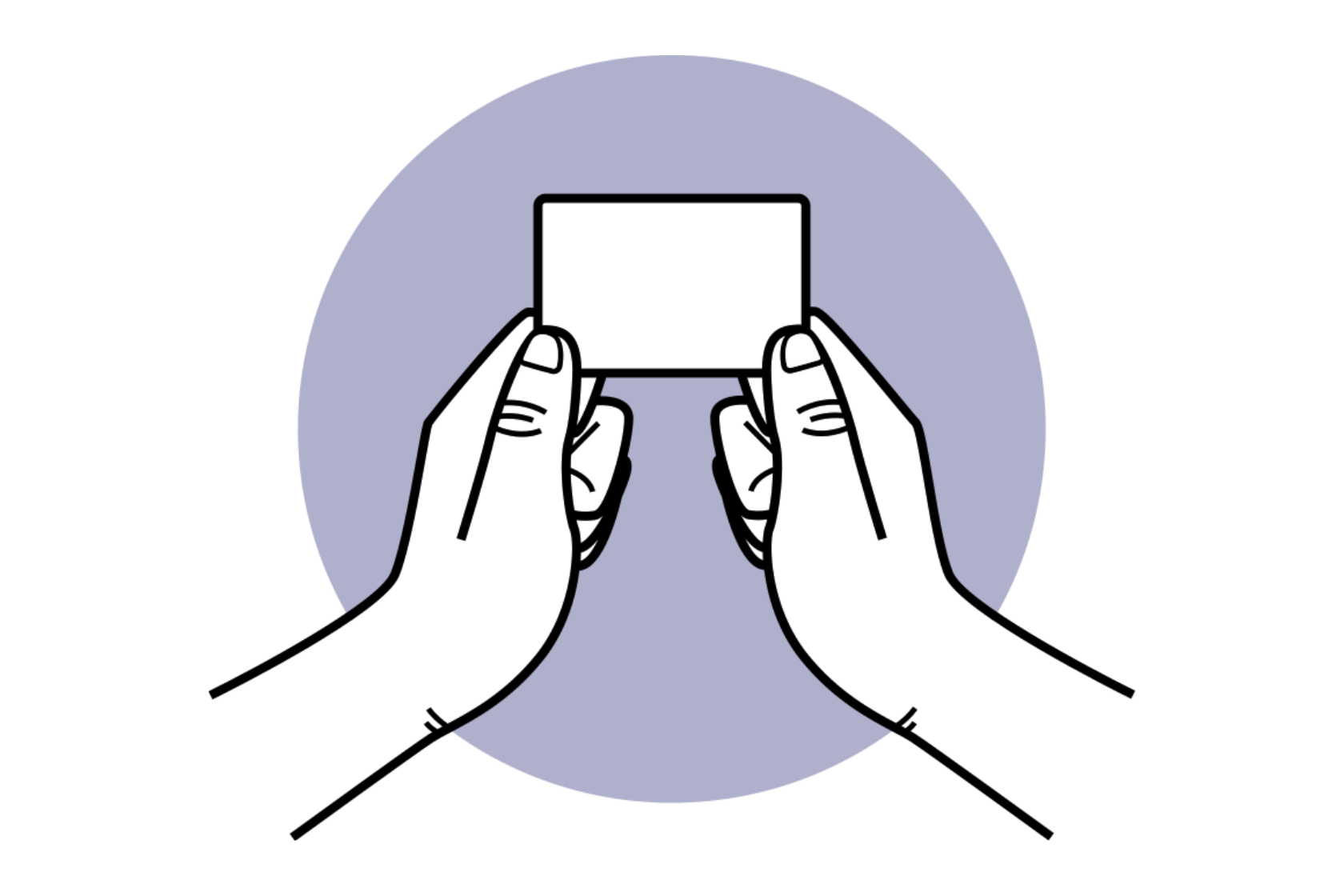First Time in China? Here's Your Ultimate 'No-Face-Losing' Survival Guide!

Coming to China for the first time, whether for travel or business, can feel like opening a cultural mystery box. Towering skyscrapers, lightning-fast subways, food delivery drones zipping around… You’ll be amazed by the high-tech vibe, but also find yourself staring at a pair of chopsticks like they’re alien technology.
Don't worry, this guide is your humble cup of hot water: simple, underrated, but possibly life-saving.
First things first, greetings. If you're thinking about giving a big warm hug, pump the brakes. Most Chinese folks aren't into full-contact hellos. A firm handshake will do. And if someone asks, "吃了吗?(chī le ma) Have you eaten? "they're not offering lunch, they're just saying hi. A simple “Yes, thank you” is enough. No menu necessary.
When receiving something, be it a business card, a gift, or a cup of tea, use both hands. This small move shows big respect and earns you instant cultural brownie points. Now, about conversations: never underestimate the power of face. 没面子(lose face=embarrassed), Pointing out someone’s mistake in public might seem honest to you, but to your Chinese colleague, it could feel like a social disaster. If you must critique, try something softer, like: “Maybe we could explore this angle further?” Smooth!
Now, about conversations: never underestimate the power of face. 没面子(lose face=embarrassed), Pointing out someone’s mistake in public might seem honest to you, but to your Chinese colleague, it could feel like a social disaster. If you must critique, try something softer, like: “Maybe we could explore this angle further?” Smooth!
At the dinner table, watch your chopsticks. Don't stab them upright into your rice bowl, that's an offering to ancestors, not your dinner signal. And don’t bang them on your bowl like a drum, it’s impolite. Chinese meals are communal, meaning the dishes are shared. If there are serving chopsticks, use them. If not, don’t treat the shared plate like your personal hunting ground. Gift-giving is an art. Clocks are a no-no (the word for “clock” sounds like “end” or “death”). Umbrellas and pears? Also bad luck, because their names sound like “separation.” Go for tea, nice snacks, or something meaningful. Wrap it up in red (super auspicious), and avoid giving four of anything, 4 sounds like “death.” And if they politely decline a few times? Just insist gently. They're being humble, not ungrateful.
Gift-giving is an art. Clocks are a no-no (the word for “clock” sounds like “end” or “death”). Umbrellas and pears? Also bad luck, because their names sound like “separation.” Go for tea, nice snacks, or something meaningful. Wrap it up in red (super auspicious), and avoid giving four of anything, 4 sounds like “death.” And if they politely decline a few times? Just insist gently. They're being humble, not ungrateful.
Last but not least: learn to read between the lines. Chinese people often won’t say “no” directly. Instead, you’ll hear “maybe,” “let me check,” or “that might be difficult.” That’s their way of being polite. Not tricking you, just different communication styles. If you can throw in a few Chinese words like 你好 “nǐ hǎo,”(Hello) 谢谢 “xièxiè,” (Thanks) or 好吃 “hǎo chī” (Delicious), even with an accent, people will light up like you just gave them a surprise dumpling. In short, Chinese people are warm, thoughtful, and sometimes a bit shy about showing it. But if you approach with patience, a smile, and a respectful attitude, you’ll discover the sweetest part of this journey is the people.
In short, Chinese people are warm, thoughtful, and sometimes a bit shy about showing it. But if you approach with patience, a smile, and a respectful attitude, you’ll discover the sweetest part of this journey is the people.
So welcome to China. Drink some hot water, and keep smiling.
